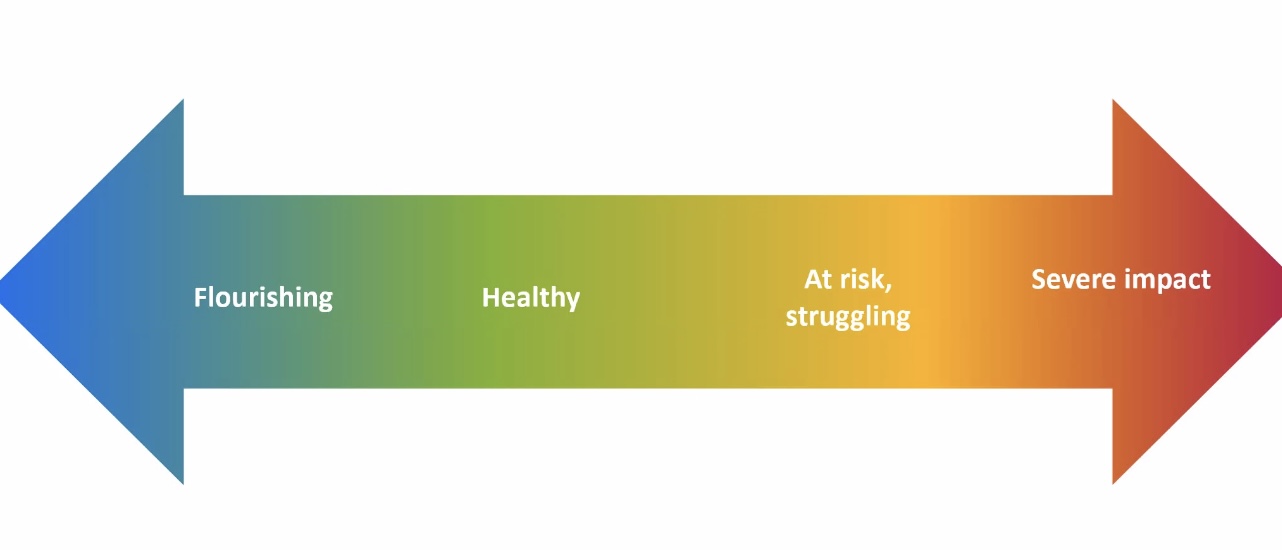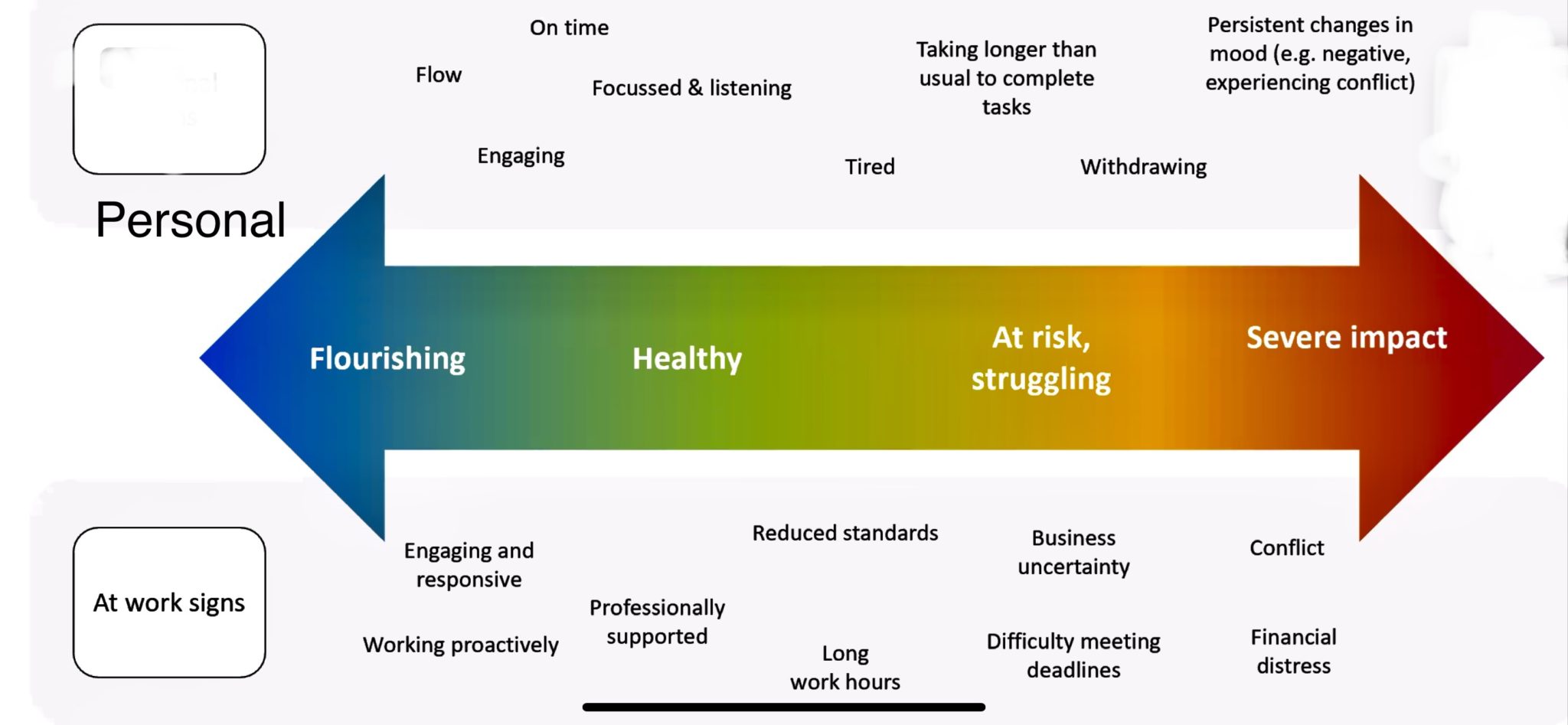Mental health among small business owners: what, why and how to improve
Do you know 97% of the Australian business are either operated by sole traders or by micro to small business owners, who experience more mental health issues than those working for large organisations or the average Australians. COVID-19 lock-downs have made this matter worse. Recent national surveys find that half to two thirds of small business owners are concerned about their mental health.
It is important to understand that mental health is NOT equal to lack of mental disorders. The World Health Organisation (WHO) defines that mental health is an integral part of Health, being a “a state of complete physical, mental and social well-being and not merely the absence of disease or infirmity”. This view is very similar to Chinese medicine understanding of how the unity of body and mind creates a balanced state.
Today I attended an excellent webinar delivered by Mel Novak from Beyond Blue on how to recognise mental health issues among small business owners, and what to do.
The top three reasons causing stress among this population are
- Feeling of guilt for not spending enough time with family because having to focus on business
- Cash flow
- Profitability

Mental Health Continuum
Mel says it is important that we recognise what stresses us and check the signs of imbalanced mental well-being. Many mental health issues or their impact can be improved through preventive measures and support. Mental health is not a static state, it is on a continuum, varying from feeling the flow and flourish at work to feeling work being severely impacted. On this continuum, our mental state moves from one to another, and positive shifts can be made by simple strategies.
By tuning into signs, we can identify if our mind and body is stressed, impacting on our mental health, life and work.

It is essential business owners looking after their own as well as their employees’ mental health status. Mel says that research shows for every dollar invested into mental health, the business gets $15 return through enhanced productivity, staff retention and high level of presence at work. Mel used bucket as an analogue for our mental health. If we consider our mind as a bucket, looking after our mental health is a bit like ensuring the bucket is filled with the right energy, prevented from being damaged, and gets repaired if it is damaged. Below is a summary of simple steps to how. As one can see, connecting with family and friends, ensuring physical health and the balanced mindset, avoiding negative information, seeking support, learning how to self-care and helping others are simple, yet very powerful strategies. Mel suggests that mental health is so important that a Well-being plan should be part of any business plan.

To support business owner, Beyond Blue has co-created a program “NewAccess” for small business owner. There are a number of other resources for small business as well as for individuals.
For small business
- Beyond Blue: NewAccess, a highly confidential, peer-coaching program for business owners;
- My Business health: Interactive resources
- Ahead for business: Wellbeing plan
- Heads up
For individuals
- Beyond Blue: Coronavirus Mental Wellbeing Support Service: 24 hours; 7 days a week, online chat or phone 1800 512 348
- Beyond blue: Mental health checklist
At Geelong Chinese Medicine Clinic, we find that the common physical symptoms brought on by or worsened by mental health are bodily pain, disturbed sleep, fatigue, mental fogginess, digestive issues, skin issues, and menstrual issues for females. If you suffer from those symptoms, please ensure you consult your family doctors to check out and reflect on any mental stresses you might have. You are most welcome to consult with our practitioners.
Let us use this difficult time to turn our focus to mental health and build awareness and resilience.
